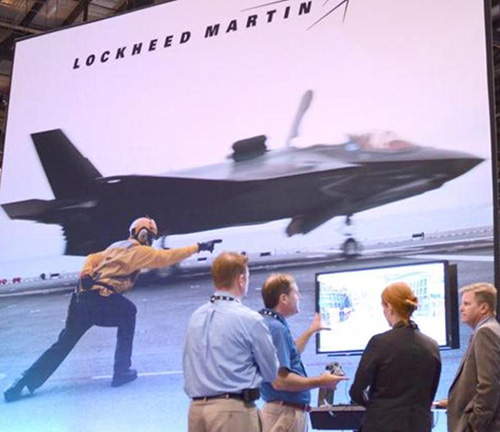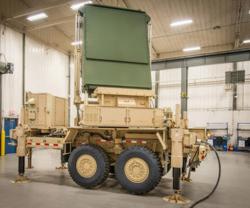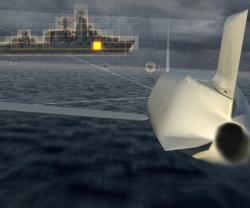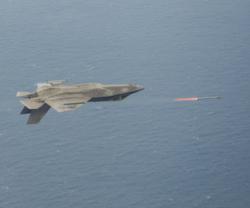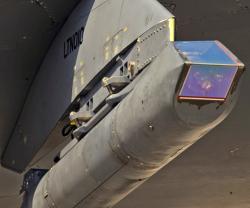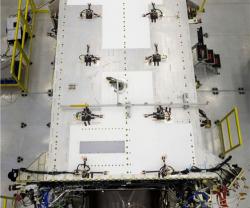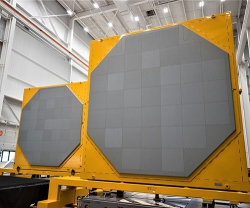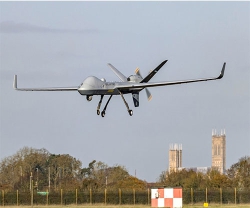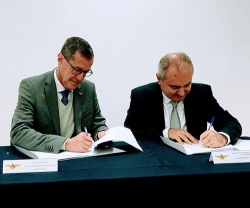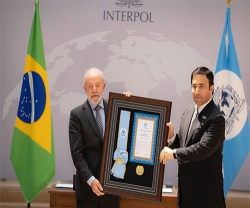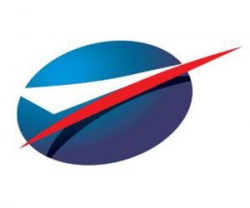Lockheed Martin is responding to a U.S. Army request for a Lower Tier Air and Missile Defense Sensor (LTAMDS). The industry-wide competition will provide a radar solution that operates in the Army's Integrated Air and Missile Defense (IAMD) network and replaces the current Patriot radar.
The Army’s stated objective for the LTAMDS acquisition program is to upgrade or replace the current Patriot radar to improve the operational effectiveness against the emerging threat while reducing sustainment cost associated with the current radar. The new sensor also is required to meet mobility and transportability requirements, and improve reliability, availability and maintainability at a defined cost target.
“With this request for information, the Army recognizes that a new radar is required to meet the current and emerging air and missile defense threats. This is an important milestone, another clear indication that the Army recognizes the aging Patriot weapon system is insufficient to meet modern air and missile defense operational requirements,” said Tim Cahill, Vice President, Air and Missile Defense.
“We welcome the opportunity to provide state-of-the-art radar technology that will address the operational and logistic deficiencies of the Patriot,” he added.
Lockheed Martin is the only company producing active electronically scanned array (AESA) radars for the Army and is the only U.S. company producing and exporting gallium nitride (GaN)-based AESA radars. Lockheed Martin will leverage the $3 billion of investments in radar technology programs such as Medium Extended Air Defense System (MEADS), Space Fence, Long Range Discrimination Radar (LRDR), 3D Expeditionary Long Range Radar (3DELRR), AN/TPQ-53 and Aegis.
“Leveraging our existing technology, a multi-function, 360-degree IAMD radar can be developed to exceed the LTAMDS requirement on a better schedule than a costly Patriot upgrade solution. Our radar solution will meet the Army's specific requirements and extend our strong collaboration within the missile defense community,” said retired Rear Adm. Brad Hicks, Vice President, Mission Systems and Training.
Lockheed Martin is a global security and aerospace company that employs approximately 125,000 people worldwide and is principally engaged in the research, design, development, manufacture, integration and sustainment of advanced technology systems, products and services.

